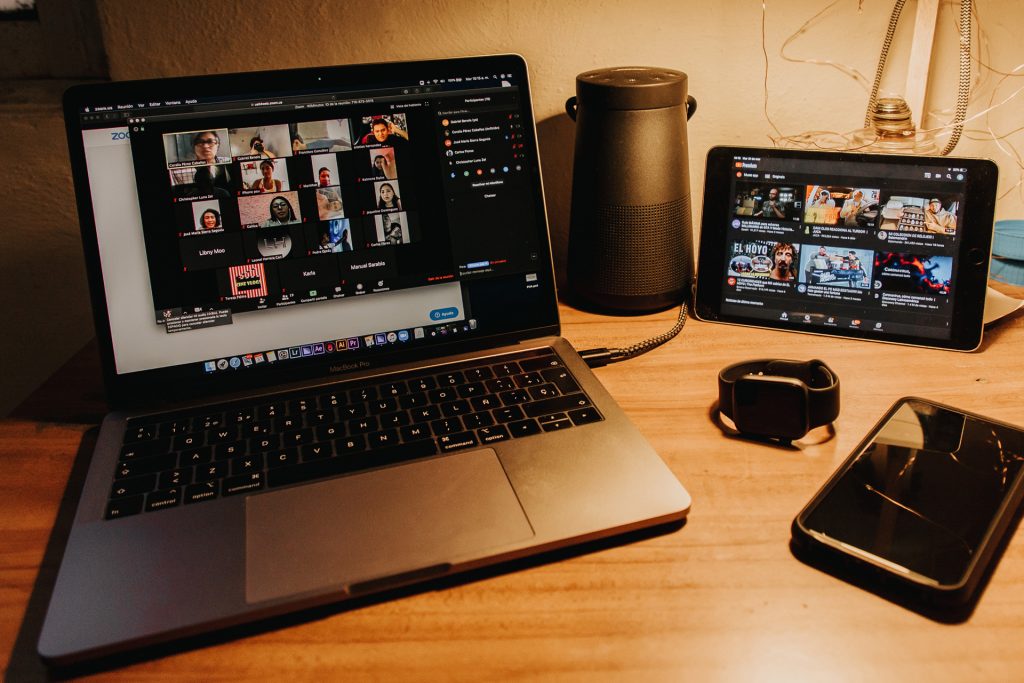Communications departments have probably never been busier than during the past six weeks. Companies have had to adapt rapidly to the new “normal” with, in financial services in particular, the majority of the workforce working remotely. No-one had predicted this and neither had anyone been prepared for the physical, operational, economic and emotional impact that a global pandemic on the scale of COVID-19 could cause. It is at times of crisis and uncertainty that what you say and how you say it becomes critical.
In a world flooded with agenda-driven news, fear and misinformation, companies need to help combat this through authentic, open communication to their employees and stakeholders. Companies also have a duty of care to employees both by protecting their physical wellbeing, but also their mental wellbeing. Communications is a bridge – it connects people in a way that is vital at a time where social distancing and isolation can cause significant emotional and mental distress.
We’ve seen a number of companies rise to the challenge. From holding weekly video conference calls to their entire workforce, to CEOs recording videos from their desks (with the odd child or dog running around in the background – crucial in helping to show that everyone is having to adapt their working day around other commitments) to encouraging virtual drinks and coffee breaks to help facilitate the personal relationships and encourage the culture of the office to extend to everyone’s homes.
Proactive communication is key. Now is not the time for companies to be on the back foot, which is difficult when there is no certainty or end date. However, we are already seeing some incredibly positive takeaways that can and should be carried forwards, particularly when considering how to maintain strong internal communications.
Openness: many people have made positive comments about the increased communication and contact they are getting from senior management; that even though everyone is physically far away, they feel more connected in understanding the role, strategy and culture of their organisation. Management and comms teams need to consider how to maintain this visibility when a form of “normal” office life resumes.
Authenticity: this crisis has levelled the playing field; everyone is affected by it and has had their lives disrupted by it. This has led to unapologetic authentic and open communications. CEOs are recording video updates in their sitting room on their iPhones, while team leaders are having to conduct video conference calls with kids in the background – but none of this matters if the content is genuine. People understand that everyone is doing the best they can to make the situation work for them. This crisis has enabled everyone to gain a much better understanding about the people within their business and to see, dare I say it, the more human and more intimate side of the business.
Honesty: businesses had to react very quickly to a number of operational challenges such as sourcing enough laptops for employees to work from home. Companies have no choice but to be honest about the reality of the situation because no-one has the answers; no-one knows what the outcome of this will be and no-one knows when measures will end. While this can be incredibly challenging, both to hear from an employee’s perspective, and to deliver from a management’s perspective, delivering open and honest communications forms the basis of that trust between a company and its stakeholders.


